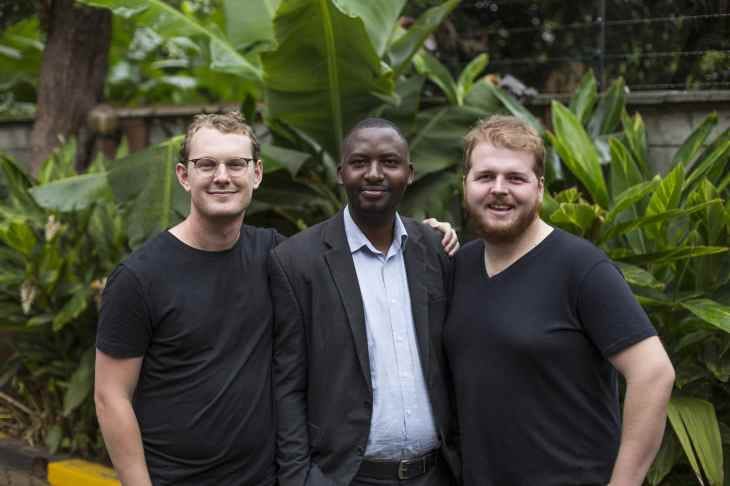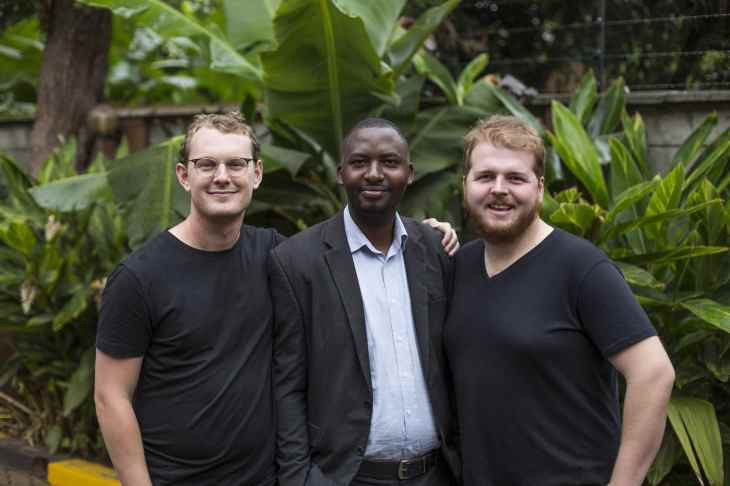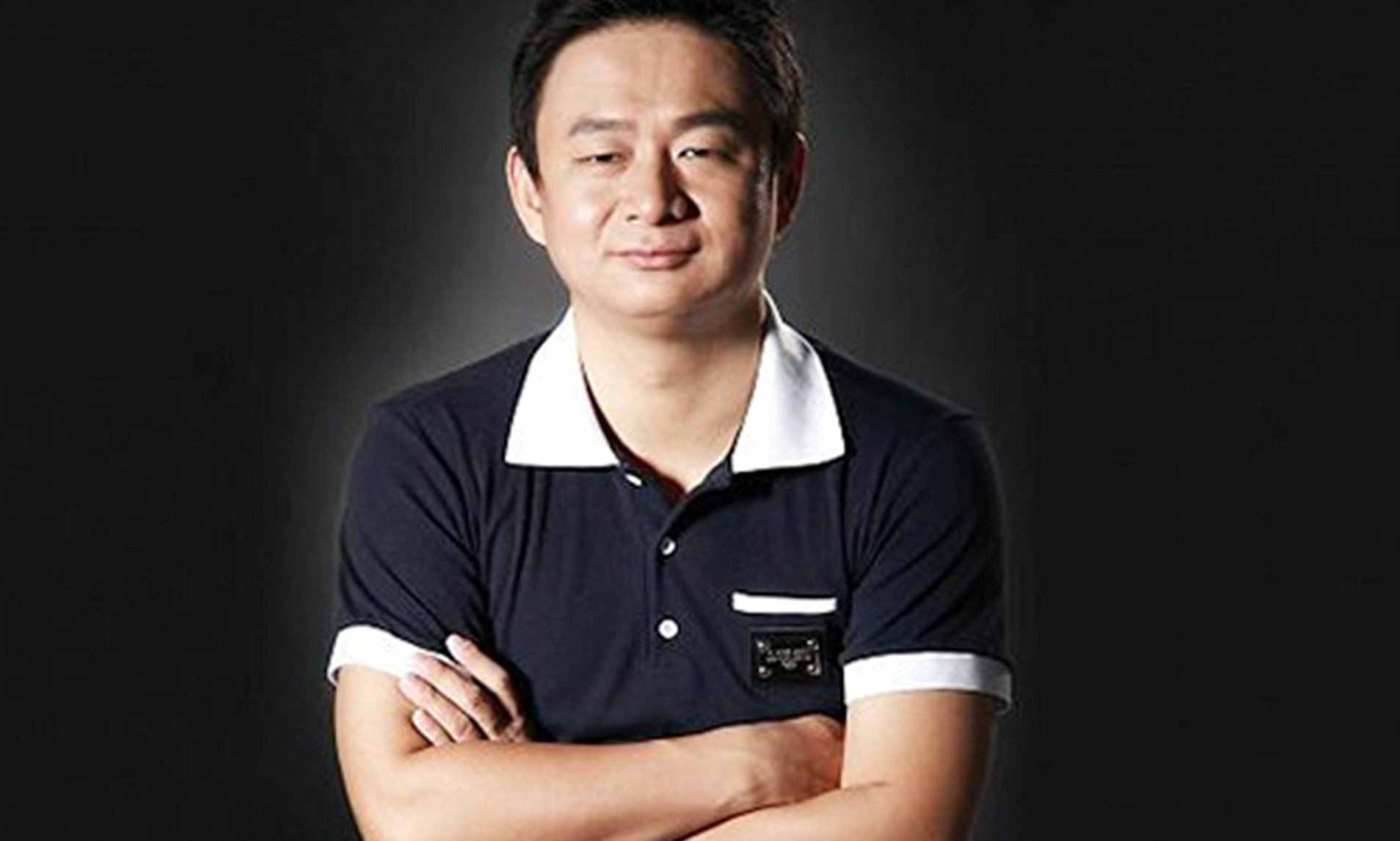Softbank Leads $40m Series B Round In Kenya-based Agritech Apollo
Agritech company established in Kenya Apollo Agriculture, which assists farmers in obtaining high-quality farm inputs, finance, and markets, intends to treble its farmer base by the end of 2022 and to develop new products that add value per acre of land. This comes on the heels of a $40 million Series B investment deal headed by Softbank Vision Fund 2.
The Chan Zuckerberg Initiative, Yara Growth Ventures, Endeavor Catalyst, CDC, and current investors like Anthemis Exponential Ventures, Flourish Ventures, Leaps by Bayer, SBI, Breyer Capital, and TO Ventures Food also participated in the company’s newest fundraising round.
“We are continuing to invest in growing fast, serving more farmers, helping them grow their acreage and really hitting the acceleration on the business. And so that’ll be both continued expansion across Kenya but also expansion into new markets,” Apollo Agriculture co-founder and CEO Eli Pollak, said.
The startup intends to use the additional funds to improve its technology and expand its product and service offerings to farmers.

Why The Investors Invested
The startup has been generated considerable traction since it was founded.
Read also Egypt’s Nexta Secures $2.2m To Aggregate Payment Cards Into One Nexta Card
Apollo had worked with 100,000 farmers by the end of last year, with intentions to double that number by the end of this year. It operates a nationwide network of “over a thousand” merchants and 5,000 agents.
Apollo has grown tenfold since the closing of a $6 million series A in 2020, Pollak said, driven by product financing. Additionally, the agritech has obtained about $16 million in loan financing for forward lending over the years.
Read also How a common network security technology stack aligns IT & Cybersecurity
“In the face of sustained macroeconomic and geopolitical volatility, feeding the world is one of the most important challenges facing society,” Softbank Investment investment director Alexia Yannopoulos said. “Apollo’s platform offers a one-stop-shop solution to help small-scale farmers in emerging regions to improve crop and livestock outputs. Embedding valuable financial services like credit, insurance and advice into the supply chain is critical in supporting a more efficient and sustainable global food chain.”
Additionally, the founders’ histories had a significant part in the newest investment. Pollak and
Earl St Sauver formerly worked in the United States at The Climate Corporation, where they assisted farmers in utilizing data to make production decisions. They founded Apollo with the goal of assisting farmers outside the United States in more than doubling their output and transitioning from subsistence to commercial farming.
Agriculture accounts for 26% of Kenya’s gross domestic product, employs over 40% of the country’s workforce, and generates 65% of the country’s export revenues. This critical role in the country’s economic well-being is what makes the industry a priority for innovators. Twiga, a B2B supply-chain company, and iProcure, a platform for farm input procurement and last-mile distribution, are two other agritechs that are already making waves in the industry.
A Look At What The Startup Does
Apollo assesses farmers’ creditworthiness using satellite photography and artificial intelligence. The firm, which launched in 2016, works through a network of agents that recruit farmers and retailers to its platform.
The agents sign farmers up for the Apollo platform, while merchants use the startup’s “checkout app” to manage point-of-sale, inventory, wholesale orders, and trade credit.
The agricultural technology company is on the lookout for development prospects in East and West Africa.
“We are also continuing to develop products that deliver more value per acre. That could be new crops that enable customers to earn more money,” said Pollak, who co-founded Apollo with Benjamin Njenga and Earl St Sauver.
Apollo began by assisting maize farmers, but its primary focus has been on assisting them in diversifying into other high-yielding crops.
“We began with maize. Maize is not perfect, but it has a profound advantage, which is that nearly every farmer plants it across East Africa. This gives us a place where we can earn farmer’s trust and we can deliver value immediately,” he said.
“We believe that the pathway from subsistence farming to farming as a business means partnering with that farmer and using our machine learning models to identify the farmers with the best prospects of graduating to higher-profitability crops.”
Apollo’s products include insurance, which is provided through partnerships with companies such as Pula, a Kenya-based insurtech.
“We have designed our business to strengthen farming systems, and if you think about climate change, we bundle insurance with every credit we sell to protect the borrower,” said Pollak.
Apollo Agriculture farmers Apollo Agriculture farmers
Charles Rapulu Udoh

Charles Rapulu Udoh is a Lagos-based lawyer who has advised startups across Africa on issues such as startup funding (Venture Capital, Debt financing, private equity, angel investing etc), taxation, strategies, etc. He also has special focus on the protection of business or brands’ intellectual property rights ( such as trademark, patent or design) across Africa and other foreign jurisdictions.
He is well versed on issues of ESG (sustainability), media and entertainment law, corporate finance and governance.
He is also an award-winning writer




